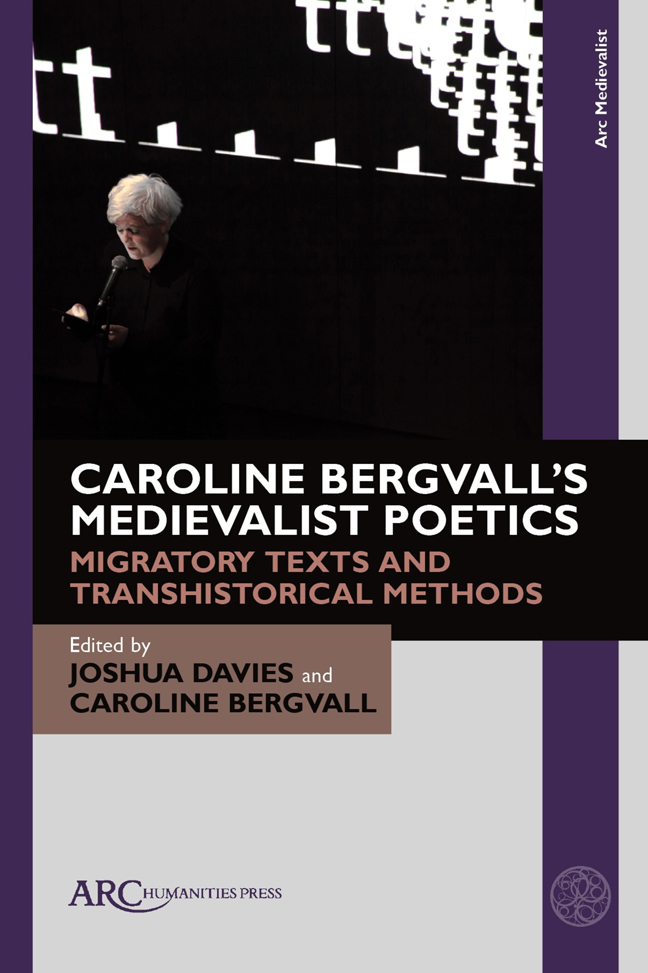Chapter 17 - Old Language is Dredged Up a New
Published online by Cambridge University Press: 20 February 2024
Summary
WHAT DOES IT mean to write in Standard English? For every word to be spelt as the Oxford English Dictionary instructs, every sentence conforming to the prescriptions of the grammar? What is the writer acquiescing to in this language, this choice of medium?
Alisoun responds, telling us that “language both connecks and divides”—that a normative system of usage “sgot us carved up into dishes n glossaries,” defines hierar-chies of what is allowed, useful, dominant, sets us labouring at the work of division and subordination “& makes a master meal for a High Table none of us binvited to!” The image is clear enough: the white tablecloths and candle-yellowed rooms where “proper speaking” is heard, its patterns determined. The interconnected enterprises of linguistic prestige—the sounds of BBC English, RP, the form of Standard English, the other kinds of English defined only through contrast with these (and so made deficient definition-ally)—they have more than an aesthetic function. They play a role with substance, are cogs in a mechanism whose work is physical, powerful. Has consequences.
Well, okay then. We sit back, perhaps unsettled. Is some other mode of writing asked for here? Clearly, this was alisoun’s conclusion, the first enthymeme that motivates her dialogue. And how could we write about this (agreeing more or less with her argument) while acting quite contrarilie? Would it not b inapropos—unfaithful to th text, even—to write on it in precisely the voice of one of those black-gown’d dictionary writers?
let’s try something diffrent, then —something a littel more in alisoun’s moede.
how might we make this same argumente in a less complaisant tongue?
we cld write: dominance is enacted thru linguistic homogeneity. by acksepting one glossarie, one set of coordinated forms, we tacitly acquiesse that—yes, okay, ther is One Rite Way to write, jst as there is 1 Right Wey to speech, just as ther is Oon Rett Way to be human >:( yif this is so then our chois is clear: we must enact our resistance thru variacion!
yea, there is potential here … but wht is the imotive potency of alisoun’s ἐνθύμημα?& why take her wordies the partickular form they takes?
this whol disruptin of lettres is @ its <3 an Hope ful excercise.
- Type
- Chapter
- Information
- Caroline Bergvall's Medievalist PoeticsMigratory Texts and Transhistorical Methods, pp. 147 - 154Publisher: Amsterdam University PressPrint publication year: 2023

